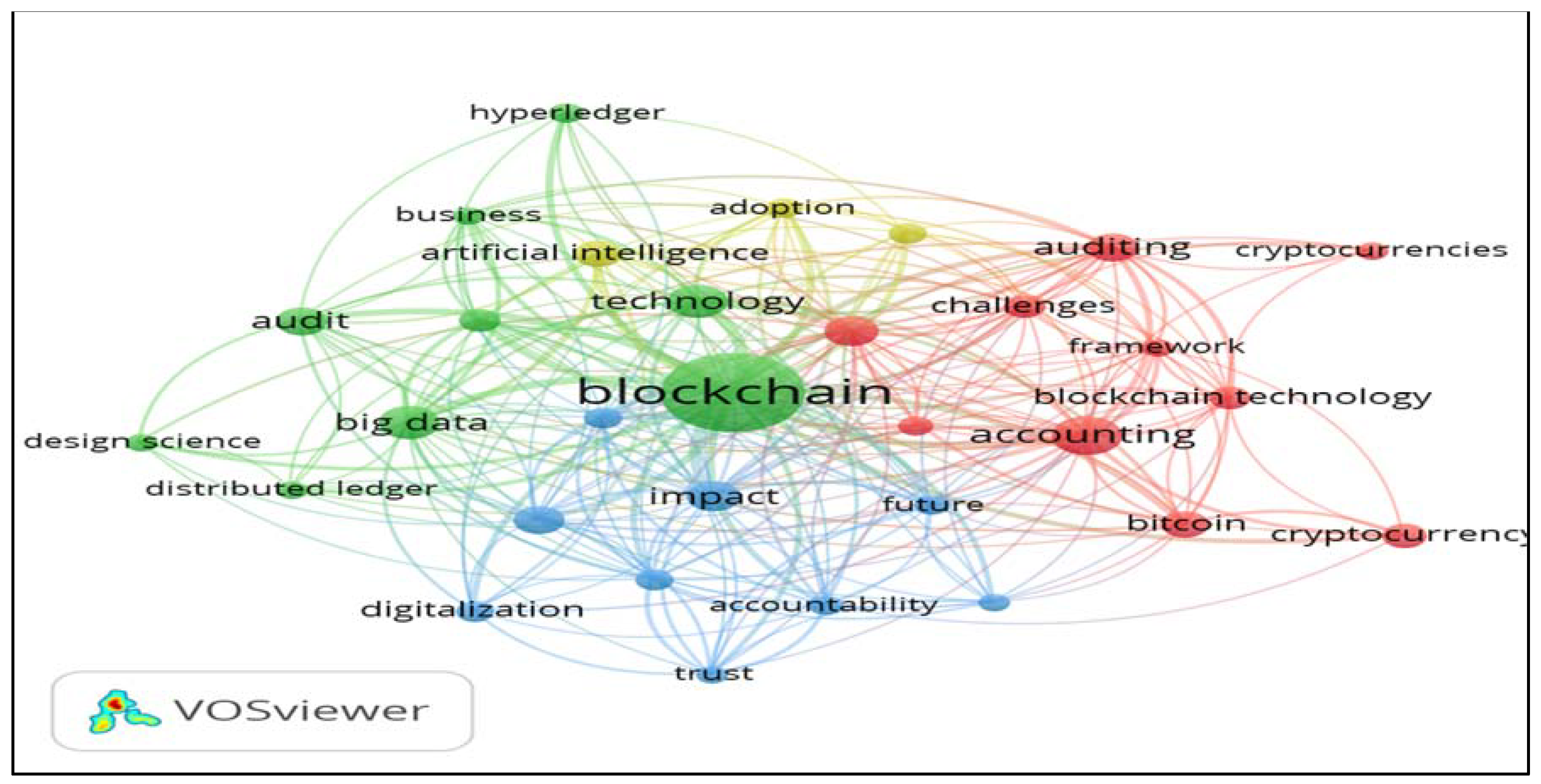Hookup Doc: Your Go-To Guide for All Things Dating
Explore the latest trends, tips, and advice in the world of dating and relationships.
Fair Play Blockchain Audits: The Secret Sauce for Trustworthy Transactions
Unlock the secret to secure transactions with Fair Play Blockchain Audits! Discover how we build trust in the digital world.
What Are Blockchain Audits and Why Are They Crucial for Fair Play?
Blockchain audits are systematic evaluations of blockchain networks and their associated smart contracts, ensuring that the code delivered operates correctly and securely. These audits are essential for identifying vulnerabilities that could be exploited, as well as verifying that the functionalities promised by the project are indeed realized. By conducting thorough blockchain audits, developers can optimize their systems and enhance overall performance, leading to increased trust and transparency among users. When stakeholders are assured of the integrity of the blockchain, they are more likely to engage with the platform confidently.
Moreover, blockchain audits play a critical role in fostering fair play within the rapidly evolving cryptocurrency ecosystem. They help to establish a level playing field by ensuring that all participants have access to accurate information and that no party can manipulate the system for unfair advantage. By maintaining high standards of accountability and compliance, audits enhance the legitimacy of blockchain projects and encourage wider acceptance in traditional financial markets. As the demand for security and transparency continues to rise, the significance of blockchain audits cannot be overstated.

Counter-Strike is a popular team-based first-person shooter game where players engage in competitive matches as terrorists or counter-terrorists. Many players enjoy enhancing their gaming experience and may look for opportunities to gain benefits, such as using a stake promo code for various online gaming platforms. The game's strategic depth and emphasis on teamwork make it a favorite in the esports community.
How Fair Play Blockchain Audits Ensure Transparency and Trust
Fair Play Blockchain Audits are essential in the rapidly evolving world of cryptocurrencies and decentralized finance (DeFi). These audits ensure that smart contracts and blockchain protocols adhere to the highest standards of security and reliability. By thoroughly examining the code and processes that underpin these technologies, Fair Play audits help identify vulnerabilities before they can be exploited. This proactive approach not only enhances security but also reinforces transparency in the blockchain ecosystem, allowing users to engage confidently with various projects.
Moreover, Fair Play Blockchain Audits foster trust among investors and stakeholders. When a project undergoes a rigorous auditing process, it signals to the community that the developers are committed to upholding the principles of accountability and ethical conduct. As a result, projects that have received a clean audit report are often viewed more favorably, leading to increased participation and investment. In a market where skepticism can be rampant, implementing Fair Play audits is a powerful tool for building credibility and cultivating long-term growth.
The Step-by-Step Process of Conducting a Blockchain Audit
Conducting a blockchain audit involves a systematic approach to ensure the integrity and functionality of the blockchain. The first step in this step-by-step process is to define the scope of the audit. This typically includes identifying the specific blockchain network in question—such as Bitcoin, Ethereum, or a private blockchain—and determining the audit objectives. Once the scope is set, auditors gather relevant documentation and begin data analysis. This includes reviewing smart contracts, transaction records, and consensus mechanisms. Auditors will also need to understand any proprietary technologies or specific configurations of the blockchain.
Next, auditors should perform a security assessment. This involves looking for vulnerabilities in the codebase, which may include identifying potential attack vectors or misconfigurations. Additionally, auditors can perform code reviews and testing to ensure that smart contracts function as intended without any flaws. After completing these technical evaluations, the final step is to compile findings into a comprehensive audit report. This report should highlight any identified risks, recommend improvements, and outline compliance with relevant regulations. By following this step-by-step process, organizations can enhance the security and reliability of their blockchain systems.